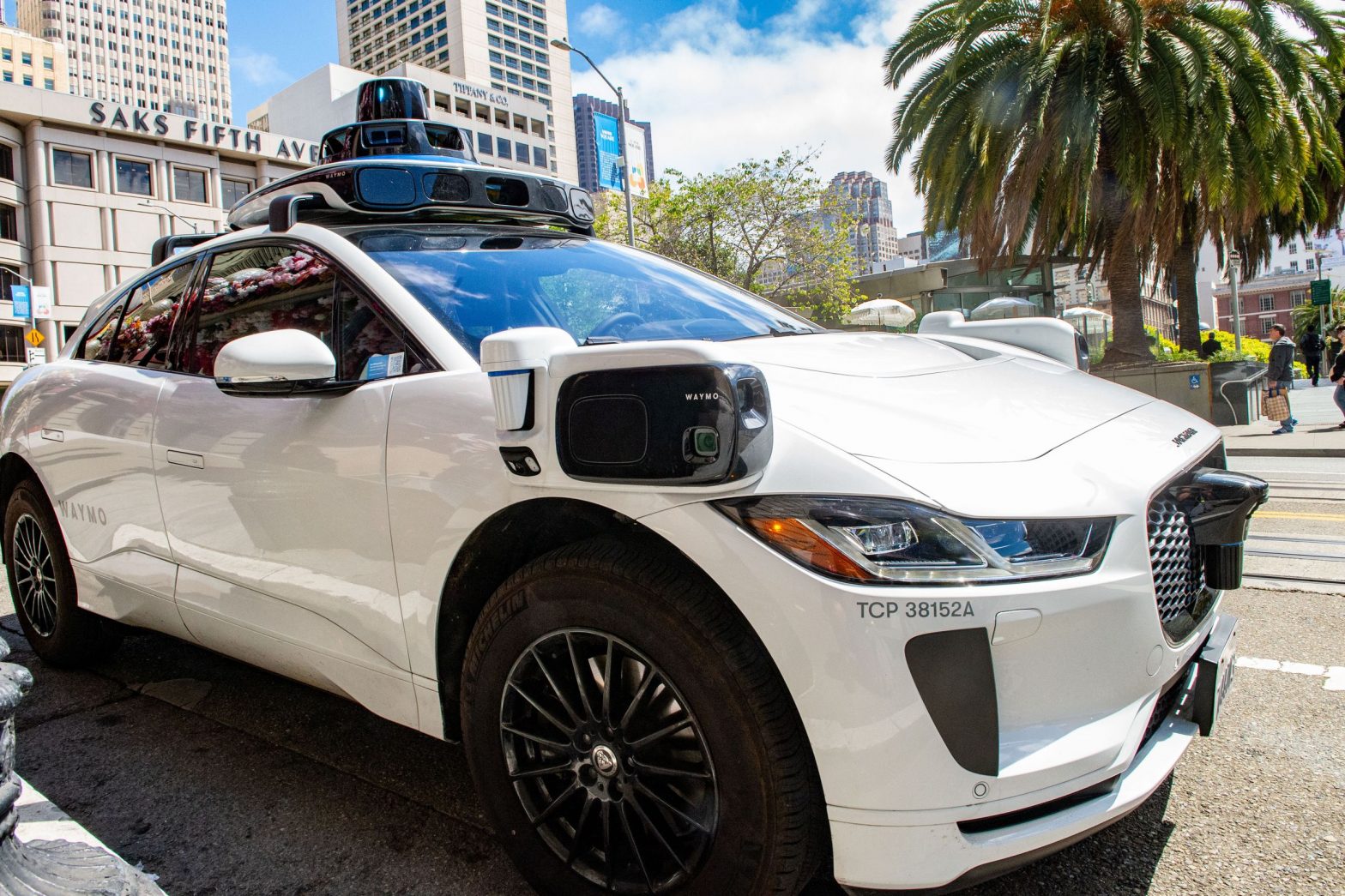/
The company is looking to add more customers to its burgeoning driverless car business.
Share this story
:format(webp)/cdn.vox-cdn.com/uploads/chorus_asset/file/25561553/2155631861.jpg)
Waymo is spreading out a little more in the two major cities in which it operates.
The robotaxi company announced today that it was growing its service areas in both San Francisco and Los Angeles, as the company seeks to attract more customers to its burgeoning business.
In San Francisco, Waymo’s service area is extending south of the city into the San Francisco Peninsula to cover Daly City, Broadmoor, and Colma — a total of 10 additional square miles for a total of 55 square miles. The company recently got rid of its waiting list in San Francisco, opening up its 24/7 robotaxi service to anyone within the service area who has downloaded the Waymo One app.
:format(webp)/cdn.vox-cdn.com/uploads/chorus_asset/file/25561718/SF_map_expansion_overlay_1920x1080__1_.png)
In Los Angeles, where the company’s waitlist is still in effect, Waymo is expanding into several new neighborhoods, including Marina del Rey, Mar Vista, and Playa Vista. The company is also adding more of Hollywood, Chinatown, and Westwood to its service area.
:format(webp)/cdn.vox-cdn.com/uploads/chorus_asset/file/25561719/LAmap_expansion_overlay_1920x1080.png)
The service area growth may seem small by comparison to human-operated ridehail services like Uber and Lyft, which operate in hundreds of cities without any pesky geographic limitations. But it’s significant to Waymo, which aims to prove that it can grow faster in each successive city in which it launches. The fact that it is already growing in LA, despite only launching there a few months ago, is a sign of growing confidence in the company’s driverless vehicles.
Another sign of confidence is the recent $5 billion commitment from parent company Alphabet, which should help the company grow over the next few years. We don’t know exactly how much revenue Waymo brings in for Alphabet, nor how much it loses. Alphabet’s “Other Bets” unit, which includes Waymo, most recently delivered $365 million in quarterly revenue, up from $285 million a year ago. But the unit’s losses widened to $1.13 billion from $813 million in the second quarter of 2023.
Today’s news of expanding service areas in San Francisco and Los Angeles excludes two major sources of revenue: airports. Waymo has been conducting airport trips at Phoenix Sky Harbor Airport since late 2022, but it has yet to bring its driverless vehicles to either SFO or LAX. Waymo spokesperson Christopher Bonelli said that the company is in preliminary talks with SFO to begin “non-commercial mapping and driving operations with a human behind the wheel at the airport.”
Airports represent a huge money-making opportunity for robotaxis, with airport trips accounting for an estimated 20 percent of human-driven ridehail car trips. Still, airports can be chaotic environments, especially for cars, and regulators are likely too difficult to convince that driverless vehicles would navigate their roads without hassle.
